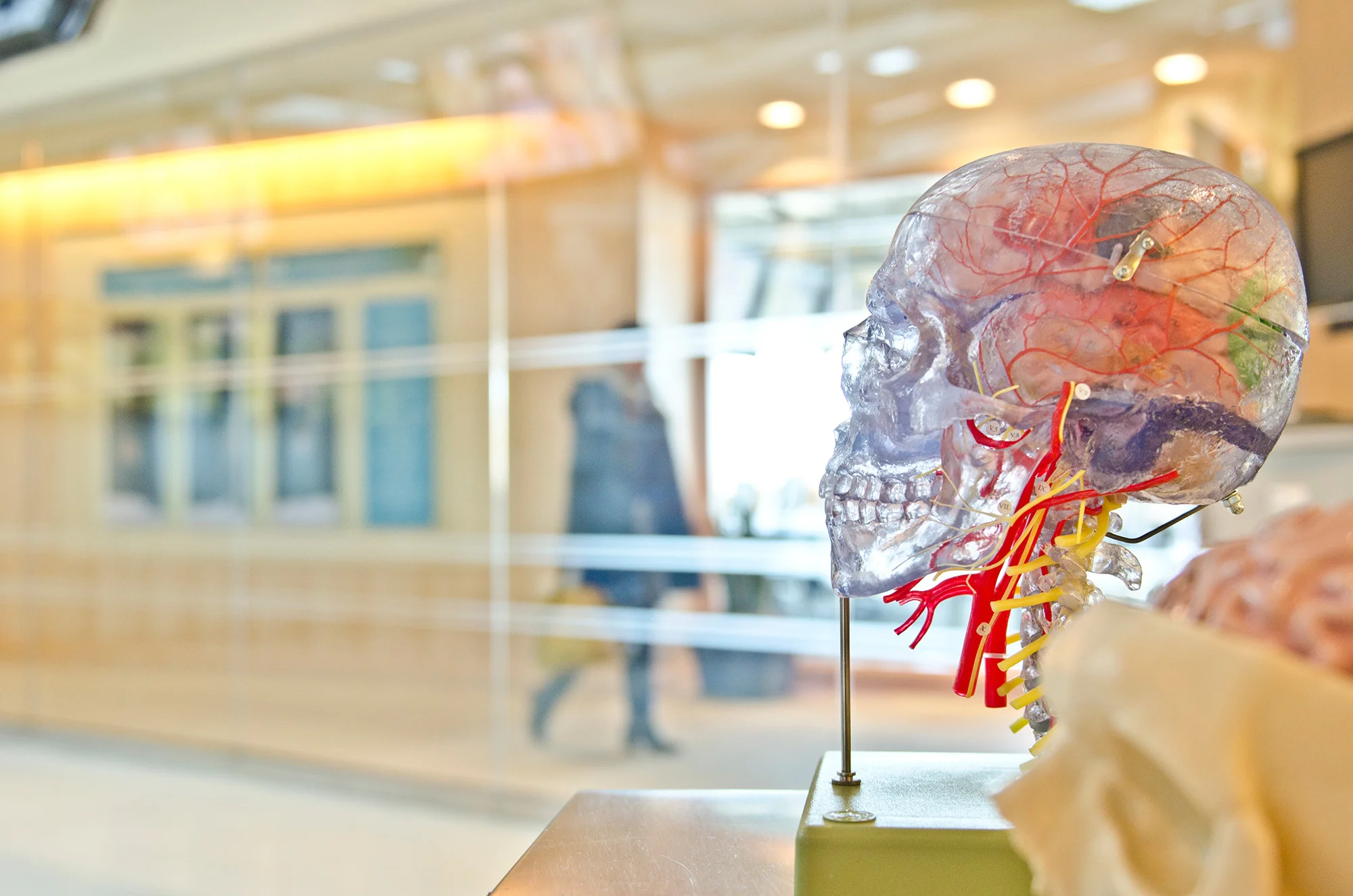Assessments
Evaluations for Children, adolescents & adults
A comprehensive, yet concise evaluation that is specialized to the individual is key to understanding overall functioning. Follow-up support with parents, teachers, and other professionals is also important to support developmental and academic or occupational progress of the child, adolescent or adult.
Changes in Cognition due to:
1. Head injuries (TBI) & post-concussive syndrome
2. Dementing disorders (e.g. Alzheimer’s Disease)
3. Stroke
4. Seizure disorders
5. Brain tumors
6. Neurotoxin Exposure
7. Low Birth Weight
8. Metabolic Disorders
Learning & Attentional Problems:
1. Learning Disorders (reading, writing, mathematics)
2. Language impairment (dysphasia)
3. Attention concerns (ADD/ADHD) & Executive function problems
4. Early screening for learning problems
5. Derogations (early or late admission to kindergarten)
6. Giftedness (and IQ testing)
**school liaison & IEP services available
Assessment of Psychological Disorders:
1. Depression
2. Anxiety (panic, phobia, OCD, PTSD)
3. Insomnia
4. Stress
5. Personality
After the assessment: What's next?
Sometimes the assessment is enough and patients and families leave the office with a sense of hope and relief about a diagnosis or greater understanding about their specific case. They may feel confident in their ability to follow-up on recommendations from the report and feel empowered to make immediate changes in their school or work. There is a renewed sense of possibility about the future for themselves or their child.
For others, additional follow-up is requested. This may include:
- Support at Meetings: We are often asked to attend meetings at school and with employers to help with the implementation of recommendations and negotiations of reasonable accommodations.
- Help With Strategies: Practical implementation of the strategies to help compensate for their difficulties (e.g. practical guidance of diary/calendar use, use of alarms and wrist-watch reminders on a mobile phone etc, other memory and home/school organizational techniques);
- Psychoeducation: Further education for both client and family about (a) the clients specific cognitive problems, (b) lifestyle factors that might affect their thinking, (c) basics on how the brain works, and (d) the effects of medication and other medical or psychiatric conditions on cognition
- Cognitive remediation: Guidance on internet-based computer games that are designed to enhance thinking skills and other activities that improve cognition (can later be done at home).



